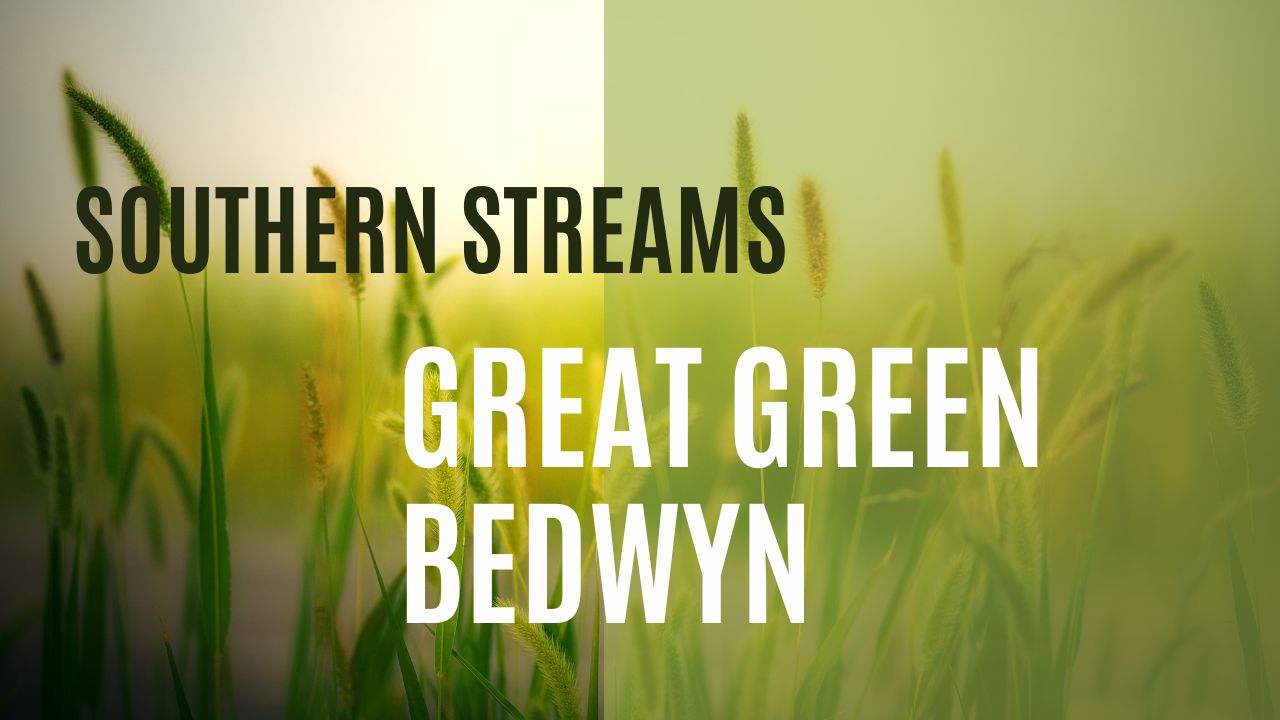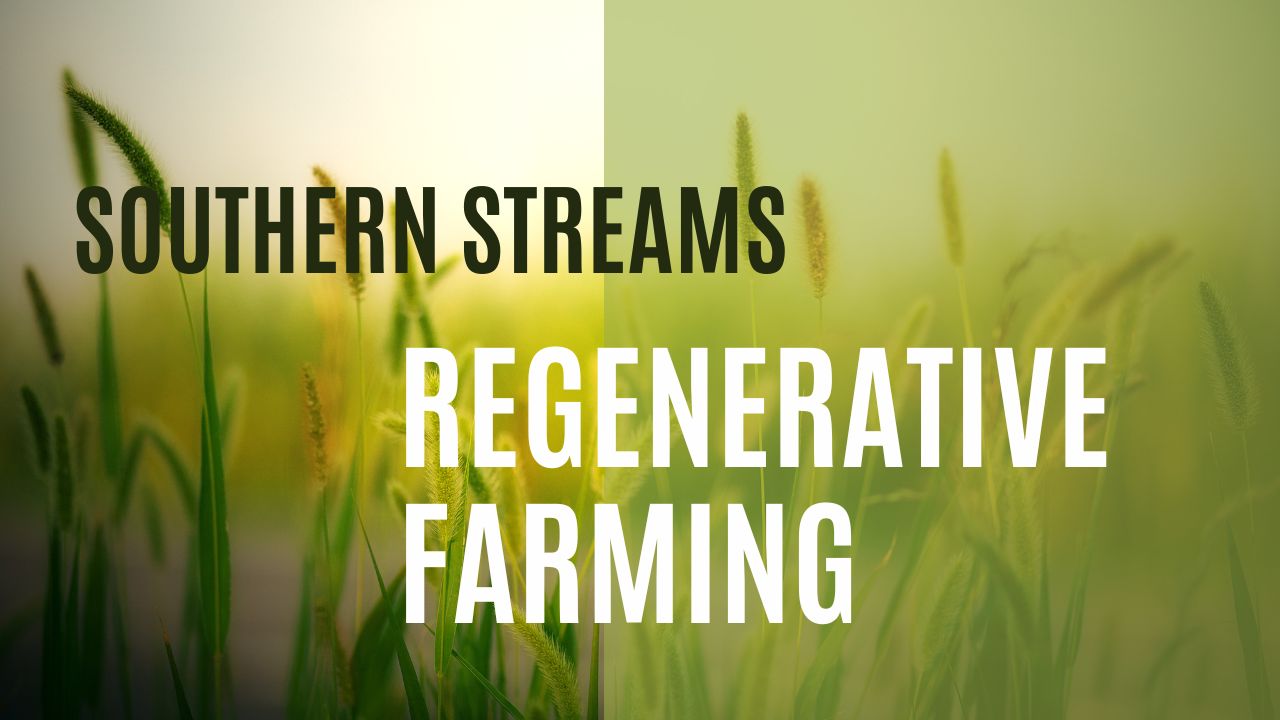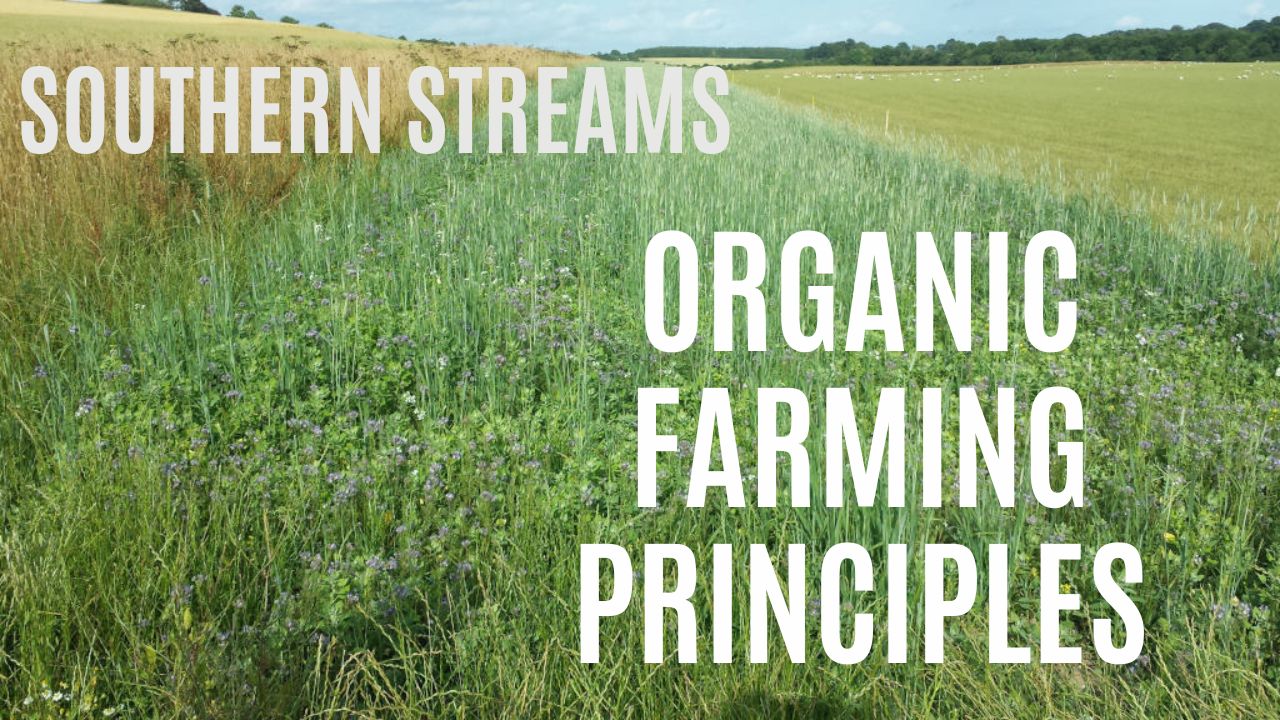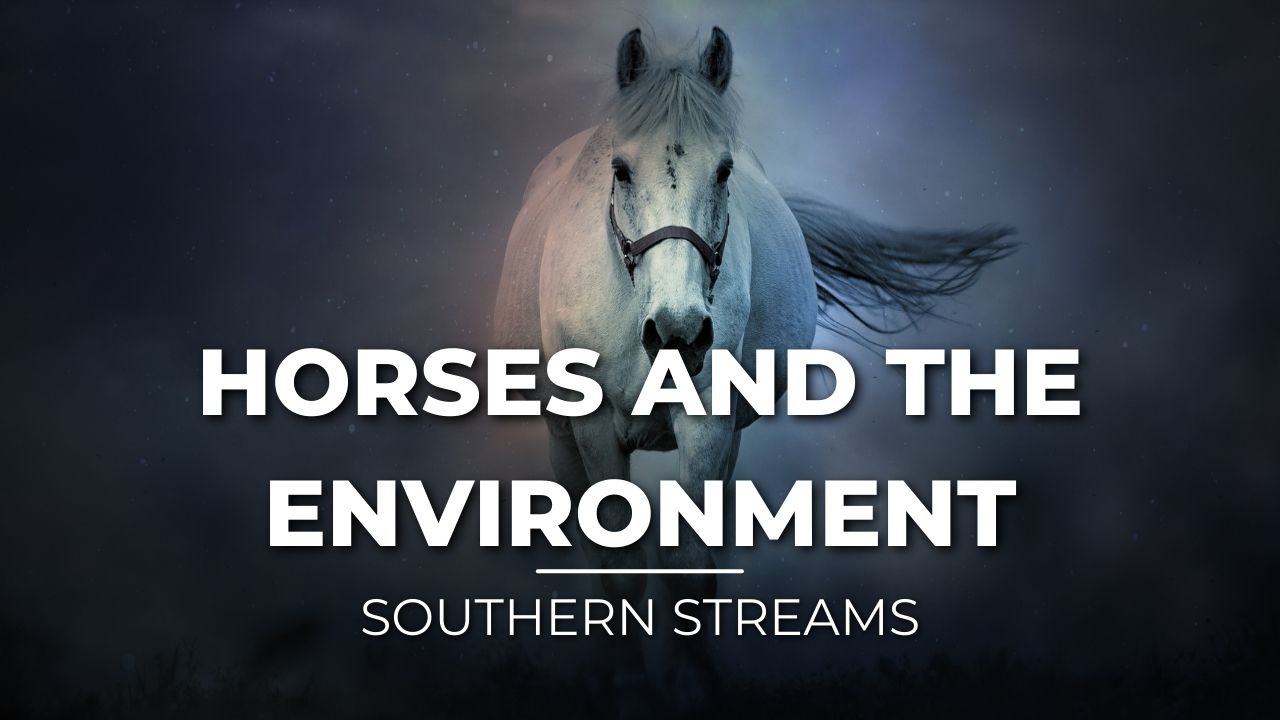Member Article
Great Green Bedwyn

Great Green Bedwyn organised two farm visits in June and July. The aim was to help local people understand more about regenerative agriculture and how our farmers are looking after nature, the soils and the watercourses.
Crofton Farm
The first farm visit on June 16 was to Rob Vines’ 480-acre mixed farm in Crofton. On a wonderful summer evening, we learnt more about what regenerative agriculture means in practical terms. We saw the bird and bug areas which Rob has planted under the ELMS government policy, covering about 10% of his farm. These were teeming with insects, and their seed will feed birds over the winter. Rob explained why cows are an essential part of the crop rotation to help improve soil health. The cows' manure is vital, increasing worms and micro-organisms and partly substituting for expensive synthetic fertiliser.
In the winter, after arable crops have been harvested, Rob plants cover or “catch” crops which cows (or sheep) can eat. These crops produce oxygen and store carbon. They also prevent soil erosion and reduce nitrogen leaching. We also learned that dairy herds can now be selectively bred to produce 97% female cows, and that some farmland – even in fertile Wiltshire – is of insufficient quality to grow crops and can only be used for grassland. This sort of land might lie unused if the number of farm animals was reduced. In addition, variable weather conditions mean that some field produce cereal crops that are deemed to be of insufficient quality for human consumption. Alongside other agricultural by-products such as brewer's grain and soya meal, cattle eat this low-quality cereal. We were surprised to find that about half of Rob’s crops (mainly maize) are grown for the anaerobic digester near Andover, to produce methane which is piped into the natural gas grid for domestic use.
There is a complex balance between weed control and soil health; ‘no till’ agriculture means that the soil structure is undisturbed, the soil is healthier and increases the amount of carbon locked in the soil, but sometimes fields must be ploughed to control weeds. To complete a memorable visit, we were lucky enough to see a “sun dog”, an unusual atmospheric optical phenomenon of a bright spot to one side of the Sun.


Photos courtesy of Jeremy Wyatt.
Wilton Manor Farm
Our second farm visit on 14 July was to Peter and David Lemon’s 4000-acre arable farm in Wilton. They are moving to mixed farming, starting with a small herd of 60 beef cattle this year. Standing on the Roman road which once linked Winchester and Cirencester, David and Peter showed us the local landscape features and its history, pointing out the site in Wilton Brail which might have become Longleat House if the politics of the time had been different.
Over 20 years ago, Peter started creating 6 or 12 metre grass strips besides watercourses to reduce run off into Wilton Water and to stop it silting up. Many people continue to enjoy the walk alongside the lakes between Crofton and Wilton that he recreated. Peter explained how more recent concerns about farm water run-off into the Shal and the Dun chalk streams led to the founding of Southern Streams, our local farm cluster of 30+ farms. Last year, the Lemons created a new wetland alongside Middle Road (below Wilton Windmill) with 4 new shallow ponds or “scrapes” and with a large amount of tree planting. In the winter, this wetland will slow the runoff into Wilton Water. It has already attracted Canada geese, ducks and white egrets, as well as more invertebrates. This work was supported by ARK, the North Wessex AONB and Amazon Cloud Services: staff from Amazon UK spent 2 days planting reeds and other plants, as part of a corporate carbon offset scheme. 16 of us spent a fascinating morning discussing different aspects of regenerative farming and measures to promote nature recovery. In many ways this can be seen as the landscape-scale equivalent of the rain gardens that we are constructing in the village to reduce flooding.
What next?
We plan to arrange more farm-related events exploring more regenerative framing issues in the autumn when there is less to do on the farm.
To find out more about the Great Green Bedwyn group, please click here: https://www.greatgreenbedwyn.org.uk/.



